The Greek DIY and home improvement market is currently at a decisive crossroads. Despite global challenges in the economic and energy landscape, the sector is being driven by three powerful growth engines: tourism, which increases demand for renovations and upgrades; the renewal of the residential building stock, with an emphasis on energy efficiency and aesthetic improvements; and steady investment flows, from both domestic and international stakeholders.
The overall outlook highlights an ecosystem ready to evolve into an investment hub for DIY and home improvement in Southeast Europe and the Mediterranean. Greece’s key competitive advantages include a well-developed domestic industrial foundation offering high-quality products with export potential, a strategic geographic position with easy access to the markets of three continents (Europe, Asia, Africa) and economic and political stability that fosters confidence among international investors.
The Greek consumer
The post-Covid-19 era has radically reshaped the relationship Greeks have with their homes. The home has become the centre of daily life once again, with an emphasis on creating a high-quality, comfortable, and functional environment. There is a growing interest in DIY solutions, small-scale interventions, and creative applications.
This is also influenced by the shortage of professional tradespeople in the market. Consumers are increasingly sensitive to issues of energy consumption and sustainability, particularly in the context of rising living costs. As a result, they are opting for small, targeted renovation or energy efficiency upgrades that aim to deliver long-term energy savings. At the same time, there is growing interest in value-for-money products, as well as smart automation and tech-based solutions.
Islands and mountainous areas require specialized products that are resistant to climatic conditions, which directly affects distribution and logistics. Two of the most significant obstacles to renovations are the high cost of materials (up by 11.8 per cent over the past two years) and hesitation due to a lack of knowledge.
The steady rise in construction activity and the increased demand for tourist properties, vacation homes, and short-term rentals (Airbnb) are consistently boosting the sector. According to recent data, construction activity is increasing steadily, with an annual growth rate of 5 to 7 per cent. Approximately 60 per cent of new real estate investments are related to tourism development, which further increases the demand for renovations and new builds.
One of the biggest problems currently faced by Greek households is high rental prices (up 8.5 per cent in Attica between 2023 and 2024). As a result, it’s only a matter of time before the return of 700,000 to 900,000 vacant apartments to the housing market—a process that will first require renovations.
Market data
The Greek DIY & Home Improvement market is expected to reach a value of EUR 1.87 bn by 2025, driven by increased consumer interest, energy efficiency programs, and steady growth in digital retail channels.
Within this market, hardware and building materials are estimated at EUR 800 mio, garden at EUR 565 mio, paints, wallpapers and tools at EUR 215 mio, cooling and heating at EUR 134 mio, tools and machines at EUR 91mio, bathroom and plumbing at EUR 56 mio, and floor coverings at EUR 7,5 mio.
DIY e-commerce alone currently accounts for approximately 10 per cent of total DIY sales (around EUR 187 mio), and is expected to reach 20 per cent penetration by 2029. Projections indicate that DIY-related e-commerce revenue could surpass EUR 1.15 bn by 2029, assuming continued compound annual growth around 7.5 per cent.
Retailers and traditional hardware stores
This dynamic environment includes major international and domestic players covering a broad range of categories – from building materials to furniture, decoration, and technology solutions.
Praktiker Hellas has been operating in Greece since 1991 and has more than 30 years of presence in the market. Since 2014, it has been part of the Canadian Fairfax Financial Holdings Group. It operates 17 stores nationwide, alongside an e-commerce platform and a specialized B2B division.
Leroy Merlin, part of French Adeo Group, has been active in Greece since 2005. It currently has seven stores across the country (plus one in Cyprus), along with a robust e-shop.
An emerging DIY hub: the 16th DIY & Home Improvement Conference
Within this context, the 16th DIY & Home Improvement Conference, to be held in Athens on November 12, 2025, represents a major opportunity to discover the Greek market. The conference will welcome top decision-makers, retailers, manufacturers, and investors. Innovative products, success stories, and new collaborations will be presented. Participants will have the opportunity to meet Greek producers and merchants in person, explore the quality of Greek products, and identify business opportunities. According to the organiser Karydakis Media, this event represents a unique chance to connect with a market that offers momentum, long-term potential, and clear investment prospects.
Additionally, more than 8,000 traditional, mostly family-run, retail outlets operate across Greece. These stores provide personal service, technical advice, flexible ordering, partnerships with professionals, and fast responses to local needs.
Combined with the geographic fragmentation of the country – comprised of hundreds of islands – this creates a hybrid ecosystem with significant potential for the development of small-format DIY and home improvement stores.
Quality, know-how, and supplier collaborations
One of the most significant competitive advantages of the Greek DIY and home improvement market lies in its high-level domestic industry. The categories paints, building materials, waterproofing products, and complete external thermal insulation systems are characterised by specialised expertise, continuous innovation, and a strong export orientation.
Greek companies such as Vitex, Isomat, Neotex, Vernilac, Vechro, Berling, and Kraft Paints, along with numerous smaller yet extremely active export-oriented units, have a strong and growing presence in international markets – from the Balkans and Western Europe to the Middle East and Africa. In many cases, more than 50 per cent of these manufacturers' total production is exported. Their products are distinguished by quality, reliability, and competitive pricing.
Investment in research and development (R&D) is a strategic priority for most Greek companies in the sector. The solutions they develop are adapted to modern technical requirements (e.g., paints that extend the painting season in response to the climate crisis) and often lead international trends.
Additionally, packaging design follows modern lines, with a focus on ergonomics and visual appeal – enhancing shelf visibility and customer engagement. Greek manufacturers maintain high levels of certification and full alignment with European quality and sustainability standards, making them highly competitive compared to producers in neighbouring countries.
This strong foundation creates meaningful opportunities for strategic supply collaborations, as well as private label partnerships, both within and beyond the European market.
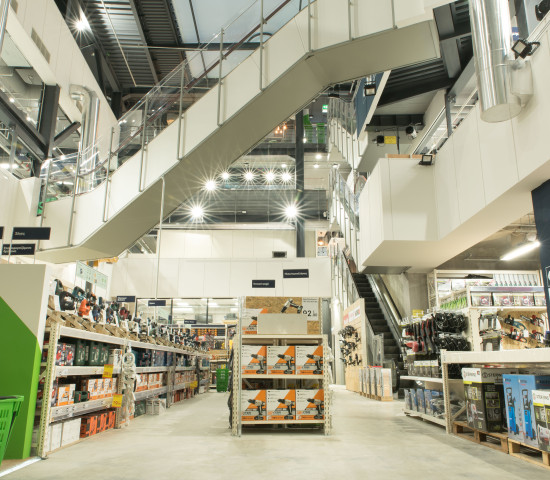
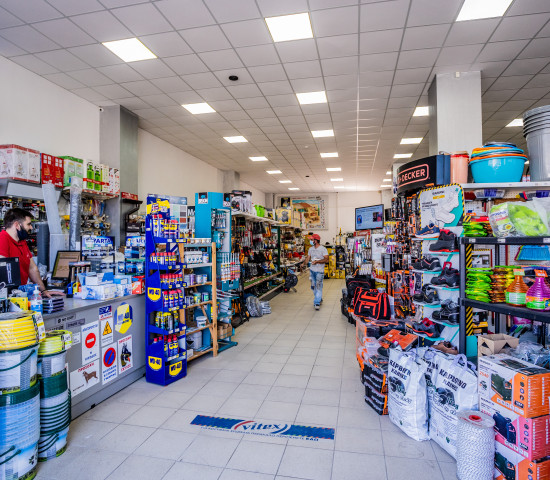

 Menü
Menü




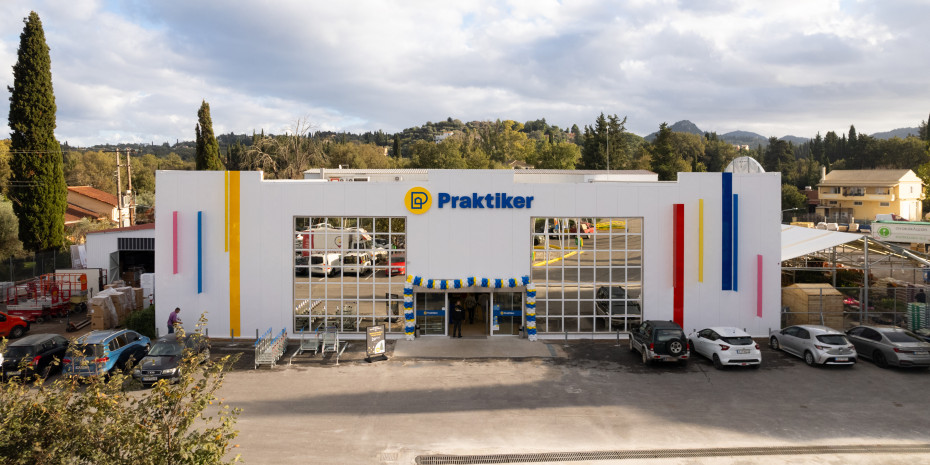

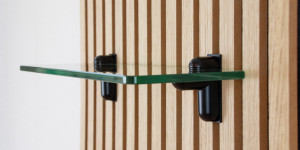




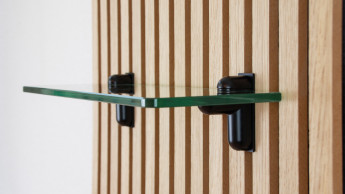
 Newsletter
Newsletter